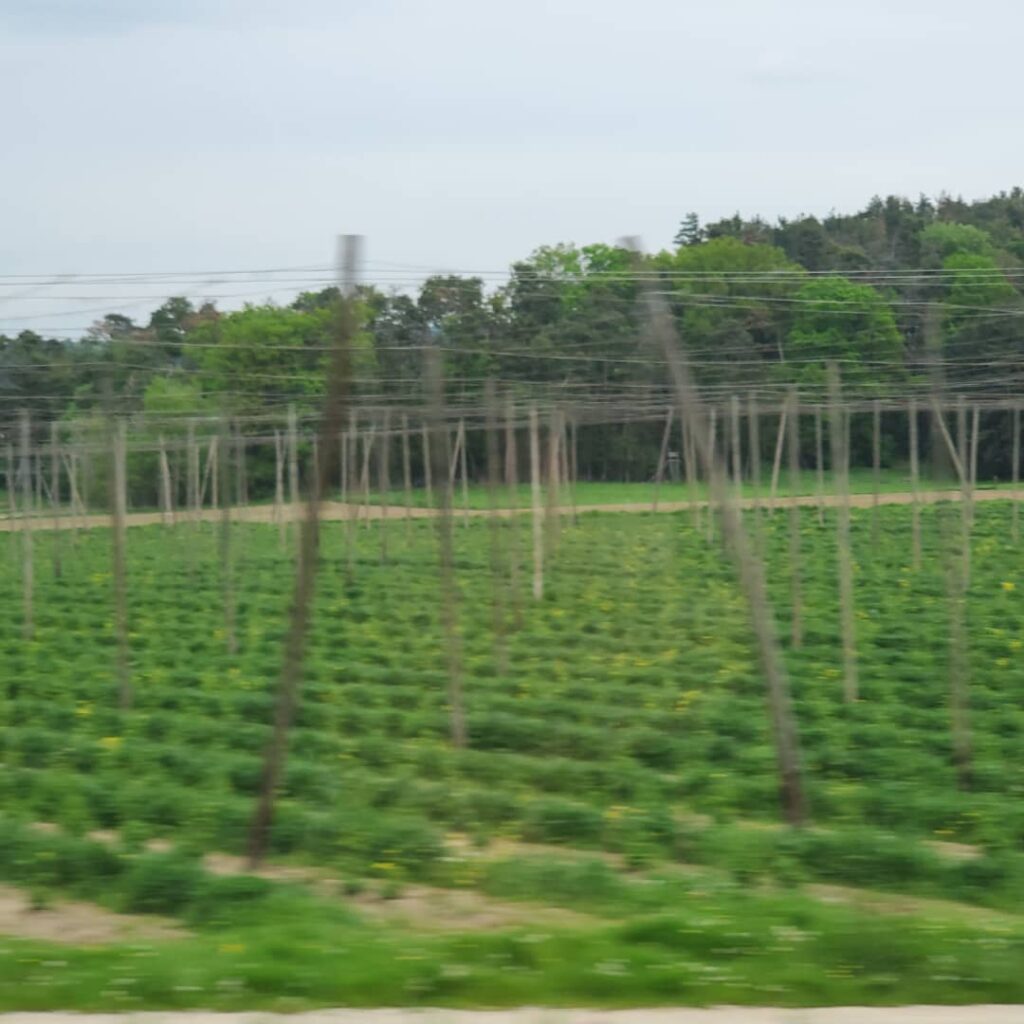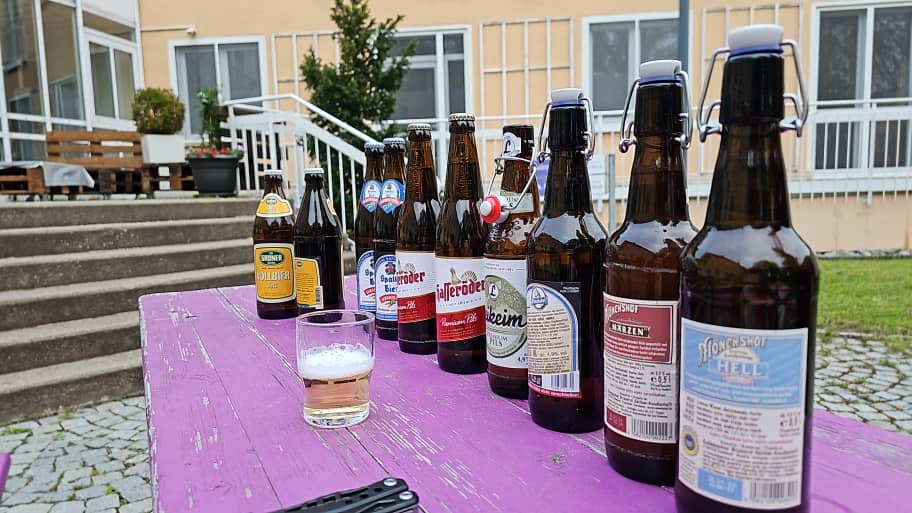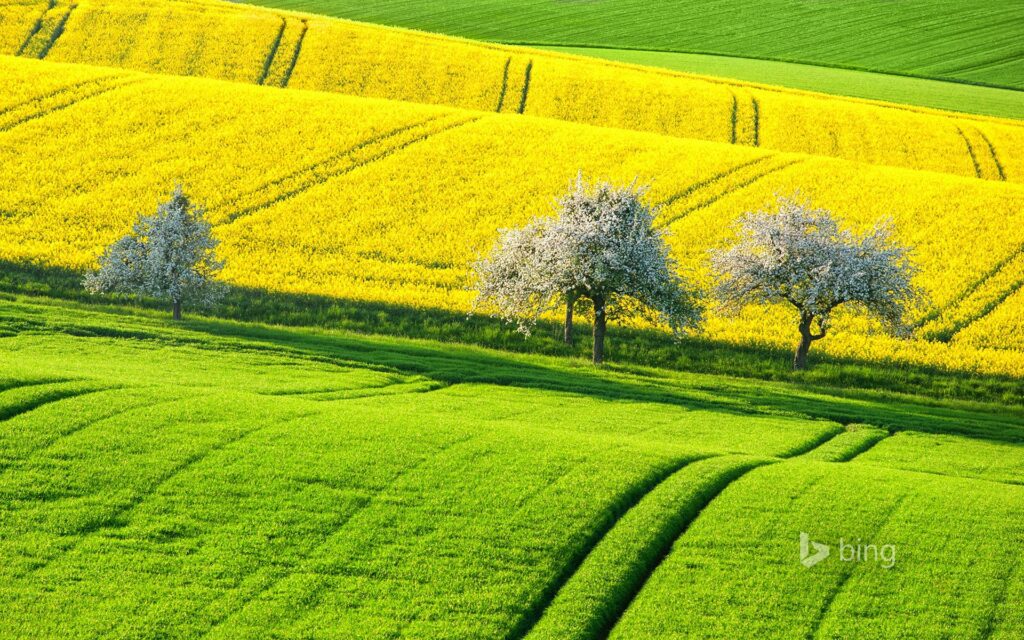28 of us sat for about four hours in the Kuala Lumpur International Airport (KLIA), nodding off on unfriendly seats, waiting for our flight to depart at 2:25 am on Monday morning.
The captain of one of the two Airbus 380 planes told us the crew comprised 18 nationalities. I added that piece of trivia to two other things which fascinate me about the A380: It is “4 million parts “flying in formation,” and on long-haul flights, carries about 600 passengers.
There are 28 of us, all from the Lutheran Church in Malaysia (LCM). We’re on a study trip to Germany. Our first group photo was taken after everyone checked-in at KLIA.
The next time we were together was on the bus which transferred us to Neuendettelsau (N’au), the town in which MEW, Mission Eine World (One World Mission) is based. More on this in a future post.
At the airport, the icy cold water in the washbasin in the toilet reminded me I was in Europe, where there’s almost always no hot water in public toilets.
While we waited for everyone to clear immigration, several of us set up the SIM cards or data plans we’d bought in Malaysia. That’s another thing about Europe. Free WiFi is much less common than in Malaysia.
The drive to Neuendettelsau took just over two hours. On the Public Address system, Rev Thomas Paulsteiner of MEW introduced himself, said a few words about the program we’d signed up for, and gave us a little commentary as we cruised on the Autobahn, some of us nodding off.
Through the windows, we saw fields of yellow. These were “Canola” flowers, the seeds of which yield canola or rape seed oil. Germany is Europe’s largest producer of this oil which is used for cooking.
Why did I put “Canola” in quote marks? Because it’s known in many other parts of the world as rapeseed. According to Wikipedia, “the name was a condensation of ‘Can’ from Canada and ‘OLA’ meaning ‘Oil, low acid.’”
“Rape” of course has ugly connotations. Just hours earlier, I’d read this in a book[1] by historian Katja Hoyer, which I’ve brought with me:
“It is estimated that 2 million German women were raped by Soviet soldiers – around 100,000 in Berlin alone – often several times in gang rapes or over the days and weeks of the Red Army advance on Berlin.”
The Soviet actions were ‘a response’ to similar atrocities committed by Germans in Soviet lands. I remembered similar atrocities committed by Japanese (Nanjing massacre and more), Indians (during the partition).
I wondered how German and Soviet churches and Christians responded to the atrocities and their victims – Hoyer says memories were suppressed.

Another thing we saw was fields planted with poles and nets.
Rev Paulsteiner explained that these were hops farms, and that the area is famous for producing hops, the key ingredient in beer-making. The plants had just been planted, and the pole-trellises would guide them up – to a height of six metres. (I started thinking of beer …)
We also saw windmills and solar panel farms. Rev Paulsteiner invited to reflect on the policy issues surrounding energy production – change in use and appearance of land. This is a study tour!
We arrived at the MEW conference centre, were given our room keys and headed up to freshen up before dinner and a two-hour meeting with Bishop Thomas. A great, silent, sight of relief was heard in the dining hall when he announced he’d decided to postpone the meeting.

We dined, chatted, then headed out to a nearby supermarket. A pair of us bought a heavy-duty carrier bag each, filled them with bottles of beer and returned to the centre to test and prepare the refreshments for others. Most were too tired to join us. But we persevered in our pleasure.
End of day one.
[1] Katja Hoyer, Beyond the Wall: East Germany, 1949-1990, page 42
To learn more about Rama, click here.


